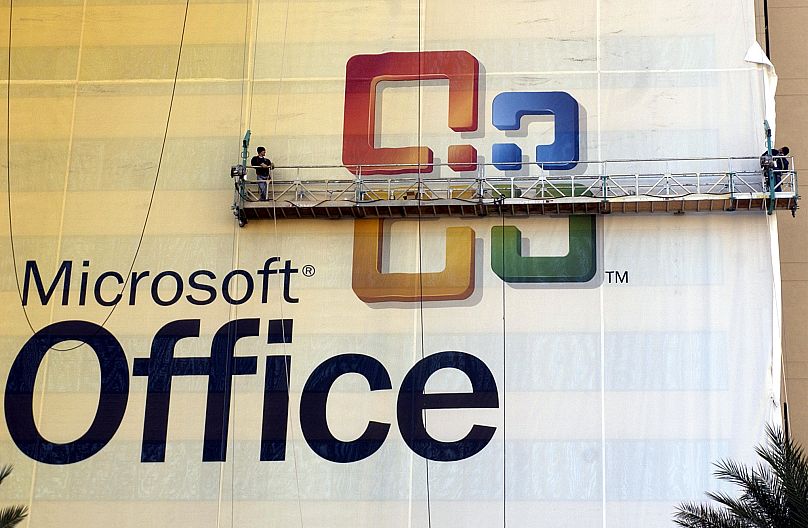It’s been a busy week for AI with a summit in the UK and multiple companies claiming their AI model is the best.
Artificial Intelligence (AI) has been the word of the week, with a two-day AI summit in the UK and tech companies unleashing AI assistants that can help you find a job or write emails.
AI was even named as Collins Dictionary’s word of 2023.
Here are the latest developments in artificial intelligence this week as well as all you need to know about Elon Musk’s AI model unveiling this weekend.
Elon’s AI vision
Elon Musk's artificial intelligence startup xAI will release its first AI model to a select group on Saturday, the billionaire CEO said on his platform X (formerly Twitter) on Friday.
Musk established his own AI company in July, when OpenAI, which makes ChatGPT, came to light. Musk, who was an early investor in OpenAI, warned about the possible dangers of the technology to human civilisation if not developed with checks and balances.
We do not know many details about what will be released. But Musk said: “In some important respects, it is the best that currently exists”.
The company website says the goal of its AI is to understand the essence of the universe. Following the unveiling of the company, Musk said the strategy was to make AI as curious as possible instead of morality being programmed into the AI.
Microsoft Office’s assistant
Microsoft made its new AI-powered Office assistant available on Wednesday for a price, potentially changing the working lives of its millions of users.
It is the first company to make the technology behind chatbot ChatGPT available as a standard feature in its software and will be a test to see if companies will pay the price of AI.
Its generative AI assistant called Copilot is available for $30 (€28) per month per user, but big businesses will need 300 users for $9,000 (€8,400) per month if they want the technology.
The technology could be used to generate emails or summarise documents but whether workers will trust AI to send emails for them is another matter.
LinkedIn’s job seeker coach
LinkedIn rolled out its AI-powered chatbot on Wednesday that helps users work out if a job application is worth their time and can point out where a candidate lacks experience.
It works by the user asking questions such as “Am I a good fit for the job?” and the tool will analyse the user’s LinkedIn profile based on the job application.
The technology is powered by OpenAI’s GPT-4 and has been available to some Premium users since Wednesday.
Brave’s privacy AI
The web browser Brave, which blocks unwanted ads automatically, on Friday launched its AI assistant that the company says provides “unparalleled privacy” compared to its competitor.
Called Leo, it is available for free for all Brave desktop users who use version 1.60 of the web browser. The company says it will be rolled out in phases over the coming days and will be available on iOS and Android in the coming months.
While Leo, like other AI chatbots, translates, summarises web pages, generates content and answers questions, it claims to offer more privacy as it does not record conversations with the chatbot and there is no user login information required.
“AI can be a powerful tool but it can also present growing concerns for data privacy and there’s a need for a privacy-first solution,” said Brian Bondy, CTO and co-founder of Brave, in a press release.
Alibaba’s China competitor
Chinese tech giant Alibaba’s cloud computing unit released the latest version of its artificial intelligence (AI) model on Tuesday as it carves out its place in China to rival US giants such as Amazon and Microsoft.
Company co-founder Joe Tsai unveiled the so-called AI model Tongyi Qianwen 2.0, its latest large language model to train chatbots, which operates in English and Chinese.
The company announced its GenAI Service Platform, which lets companies build their own generative AI applications using their own data. This would eliminate third parties from accessing the data.












